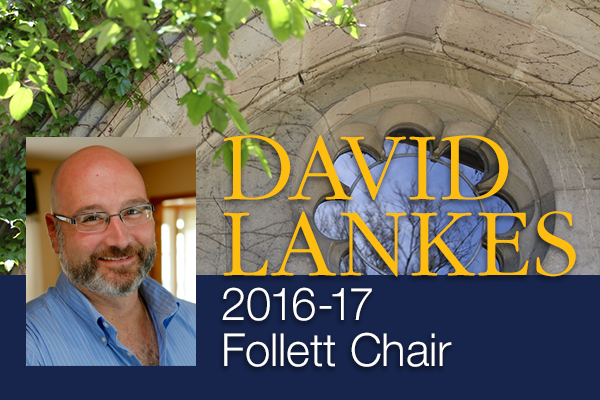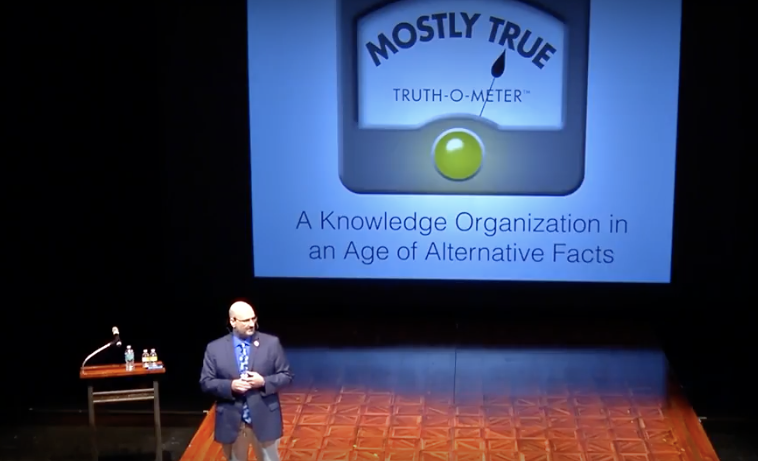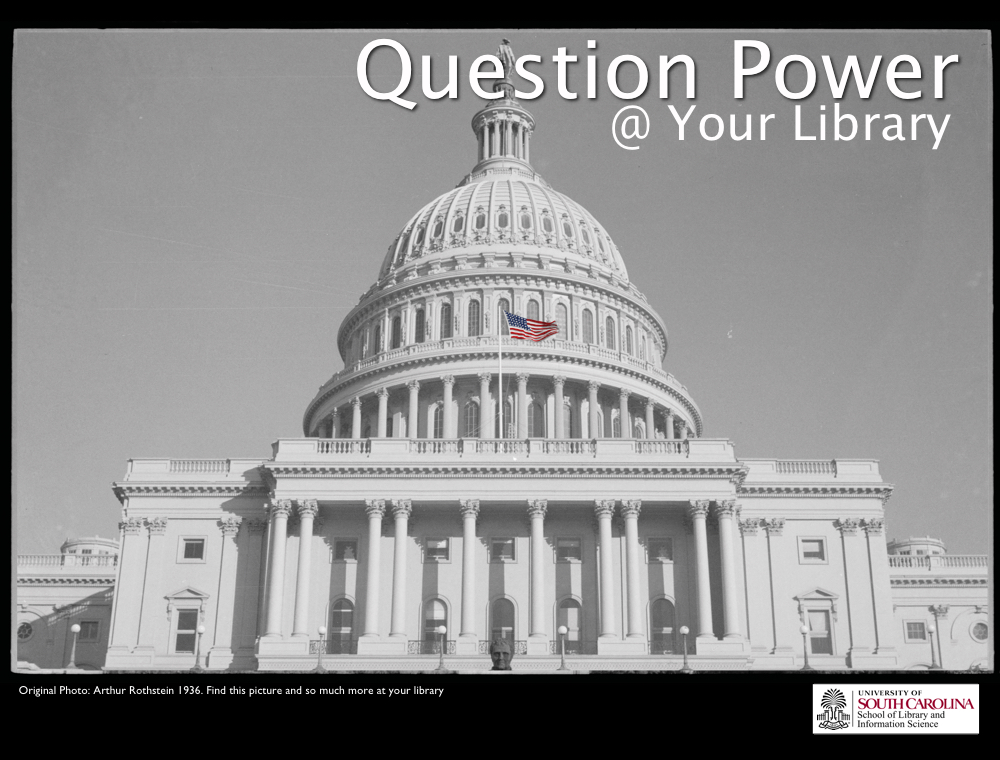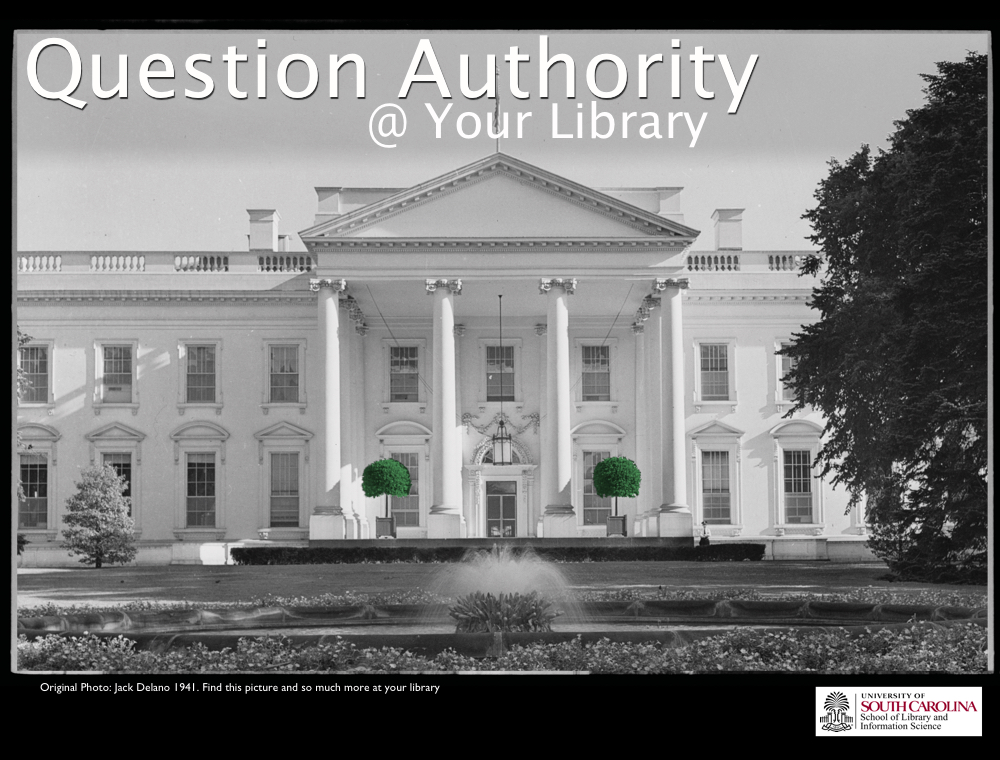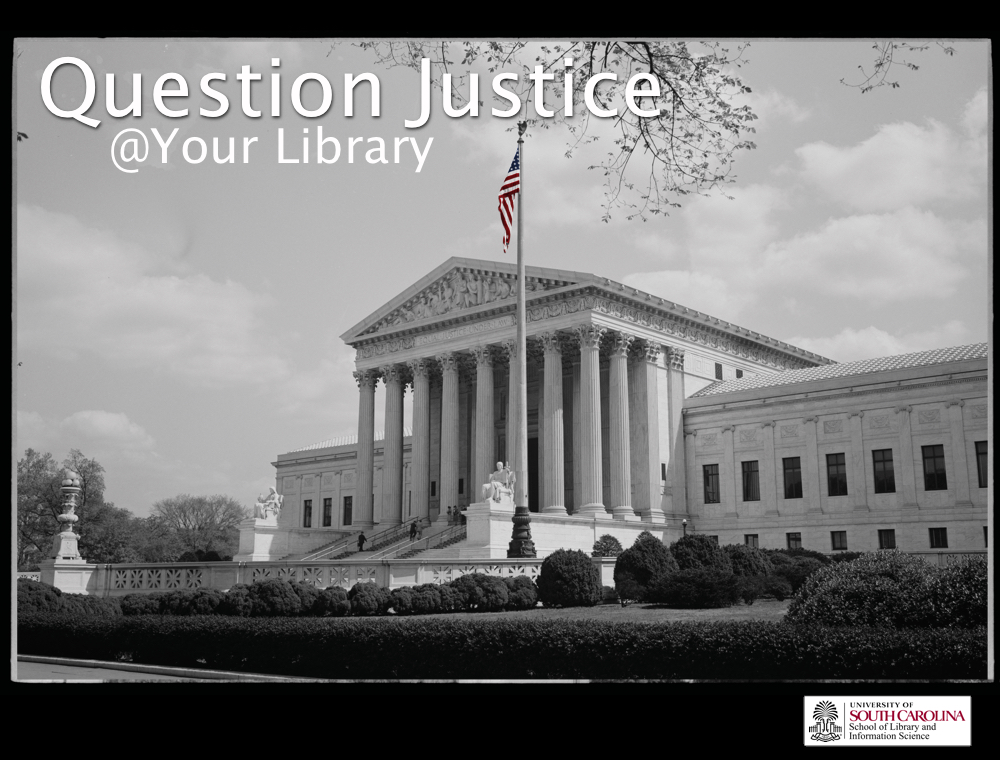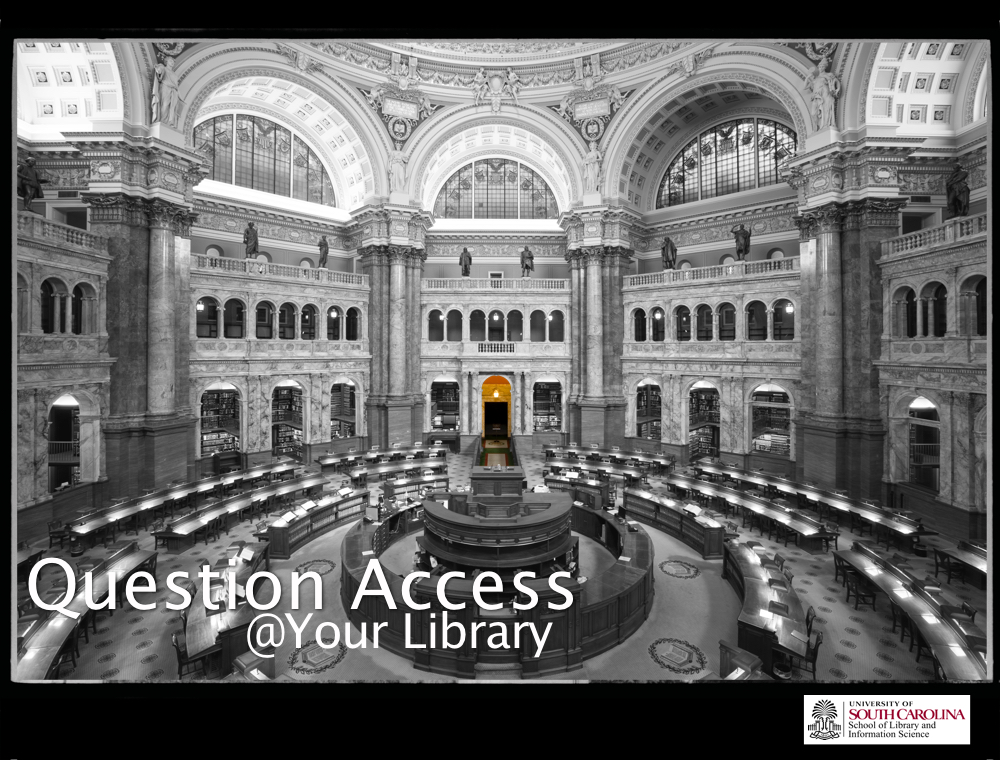[Please note that this presentation is only half of the full session. The second half included a discussion with Nicole Cooke of the University of Illinois, Miguel Figueroa of ALA’s Center for the Future, and Scott Walter the University Librarian of DePaul University. Unfortunately I was not set up to record their insightful remarks.]
“The Social Responsibility of the Library and the Librarian in a Post-Factual World” Dominican University School of Information Studies Annual Follett Lecture. Chicago, IL.
Abstract: Introduction to a panel discussion on neutrality and objectivity in librarianship.
Slides: Slides in PDF
Audio:
The Social Responsibility of the Library and the Librarian in a Post-Factual World from R. David Lankes on Vimeo.

